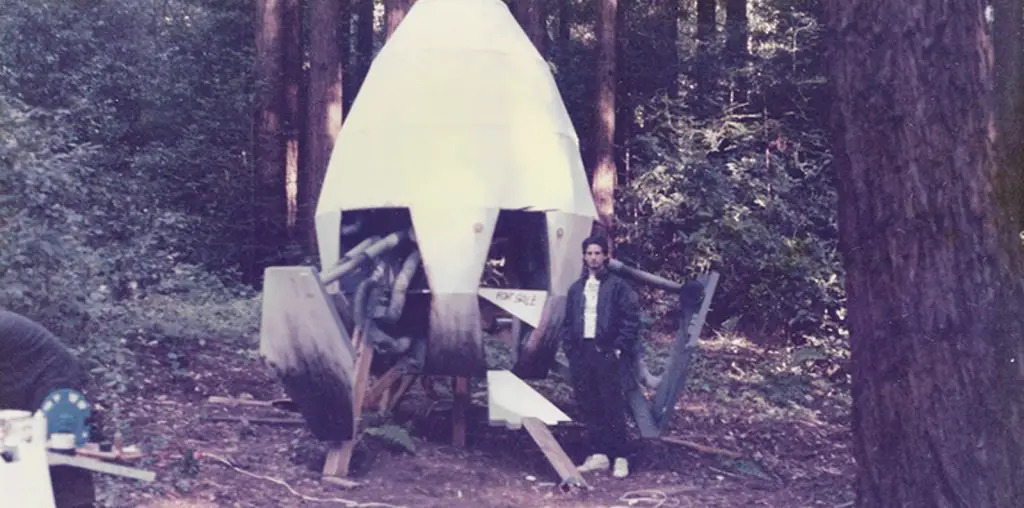
Learning to relinquish grudges, to ask for or to offer forgiveness, and mustering up the courage to preserve or to make a declaration of love are by no means exclusive to the storylines of holiday films, but these themes tend to show up in abundance in Yuletide cinema. Major decisions are frequently made (or need to be made) as well. Junon Vuillard (Catherine Deneuve), one of two central characters in Arnaud Desplechin’s dramedy “A Christmas Tale” (“Un Conte de Noel”), is faced with a serious dilemma, and it takes more than a cost-benefit analysis to reach a solution. It takes, in fact, the chaos of a wintry family reunion.
Junon has been diagnosed with cancer and her odds of survival (with or without treatment) are discouraging. The two bone marrow donors compatible with her rare blood phenotype are her teenage grandson Paul (Emile Berling) and her second oldest son Henri (Mathieu Almaric, the villain from “Quantum of Solace”). The problem isn’t (just) that she doesn’t know whom she should choose to be a part of the transplant; the problem also involves the matter of Paul being mentally unstable and Henri being estranged from the family for six years. The first fifteen minutes of “A Christmas Tale” explain that Henri’s lifelong ingratitude, general foolishness, and financial shortcomings had compelled his older sister Elizabeth (Anne Consigny) to bail him out one last time—on the condition that she never has to see his face again.
Fast-forward six years to 2006 and Junon must make her decision while the whole Vuillard family gathers over Christmas. Desplechin, who co-wrote the screenplay with Emmanuel Bourdieu, keeps the cancer plotline from becoming overly drab and sad, opting instead for zany humor and several awe-inducing moments, courtesy of the comings and goings of the rest of the Vuillards: the paterfamilias Abel (Jean-Paul Roussillon); the youngest Vuillard child Ivan (Melvil Poupaud), his wife Sylvia (Chiara Mastroianni) and sons Basile (Thomas Obled) and Baptiste (Clement Obled); cousin Simon (Laurent Capelluto); Elizabeth’s husband Claude (Hippolyte Girardot); Henri’s girlfriend Faunia (Emmanuelle Devos); and finally, Rosaimee (Francoise Bertin), Abel’s mother’s special lady friend.
Just as “A Christmas Tale” is comprised of sections, each denoted by subtitles and dates, the answer to the question of why Henri is despised and why Elizabeth is so unhappy comes to dim light in strands. In the end, this answer may not be as important as having spent 150 minutes with a family that can let bygones be bygones and with no hard feelings. Two-and-a-half hours of family bickering, bantering, and pummeling can be draining for the viewer, particularly when many of the characters are easy to dislike.
Portrayed superbly by Catherine Deneuve, Junon is neither melancholic nor devastated enough by her illness to garner excessive sympathy or pity. Henri, the alleged family idiot, manages to come across as sufficiently pathetic and misunderstood as to be endearing. Meanwhile, Elizabeth’s negative opinion of him is just that—an opinion. No matter how discourteously Henri behaves on various occasions, I was never on Elizabeth’s side. Abel is at once the most sympathetic character, mainly because the film presents him as the sage, stabilizing figure.
Difficulty relating to characters might spell viewing disappointment for a majority of films, but Desplechin’s film is so well cast and the relationships so authentically depicted that it’s okay not to be completely or partially taken by Junon, Henri, and the rest of their kin. The story of “”A Christmas Tale” does not rely on the tropes of Yuletide cinema for substance or style. The holidays actually seem incidental. For Junon, and her huge life decision, halls decked with boughs of holly just make her ordeal a bit more sparkly and shiny.
